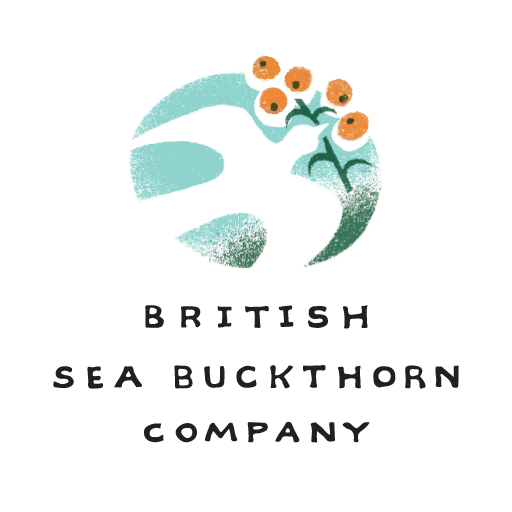With harvest coming and most of the family around last week was an opportunity for a holiday. Five days in Dubrovnik – a stunning city; friendly people; the weather and food to go with it – and a chance to have quality time with each other. Also a battery re-charge for the coming harvest. But while we were away I missed a BBC programme – Trust me, I’m a doctor, that has caused a stir in the health supplement world.
The programme raised the issue of health supplements derived from botanicals. Specifically taking milk thistle; gingko and evening primrose as examples and analysing them to see whether what was on the label was in the product. The subject of quality has been a concern of mine in these blogs. It also featured as my presentation at the Sea buckthorn Euroworks conference in Finland last year. The BBC report took 70 products. 30 were gingko, 8 of which contained little or no gingko in them. The milk thistle also had issues – 36% analysing with little or no detectable milk thistle. Only the evening primrose came out as a 100% consistent product.
What can we take from this. The problem starts when we start to compare the potential attributed to a product derived from a naturally occurring plant and a product that is derived from a pharmaceutical manufacturing process. Possibly until the early 20th century, rural populations and some urban still relied on medicinal relief for ailments from plants. The knowledge base for this would have come from centuries of experimentation and acceptance that certain plants when prepared in specific ways can alleviate health problems. As with all natural products they are derived from a living source. Once the source dies, change will start which will alter the bioactive compounds within the plant body. For this reason, harvesting, storage, transport and processing needs to be to a standard to lock the quality of the natural product through into the end product.
Comparing natural and pharmaceutical product is comparing chalk and cheese. Natural products comprise a package of many bioactives working in synergy together. When taken as a supplement for whatever reason, there is a multitude of reactions between the consumers body functions and the complexities of combinations of all these botanical bioactives working together. Hence we sometimes attribute botanically derived supplements to providing multiple functions.
Pharmaceutical products tend to have single active ingredients specifically targeting specific ailments. The ability to scientifically measure the ability of a single ingredient to perform a function is relatively easy, along with any side effects that might occur.
The multi-bioactive compound structure of a botanically derived supplement involves so many potential chemical pathways to a function that it is not possible to scientifically evaluate its specific capacity to achieve a single function. Hence we have an impasse with EFSA over health claims.
The BBC programme has identified the problem that supplements can have variable quality. As a farmer growing sea buckthorn ( as well as wheat/barley/rape/beans/etc) I have to accept that every year I have a changing weather impacting upon my soil and my crop. The soil is as, if not more complex that the plants that grow from it. These environmental variables will alter the quality of my end crop – whatever it is. It can be influenced by better agronomy. By the use of controlled applications of analysed fertilisers; by the reduction of the impact of pests; but the sun and rain are huge uncontrollable variables.
Harvesting, transport, storage and processing then become human designed processes governed by time and efficiency. These are subject to variables but they are a subject to choice. The fact that some products of all types appear on the market in adulterated or fraudulent form does not and should not reflect on the quality of the whole market place. Crime is crime and looking to achieve profit from adulteration or fraud needs rigourous enforcement.
The fact though that there is a huge market across the world for botanical supplements indicates that there are many thousands of products delivering satisfaction to consumers. Consumers who are deriving the benefit they seek and find.
The fact that EFSA ( European Food Safety Agency ) have problems with botanicals is now being addressed through initiatives like the BELFRIT list which is being legalised in France, Italy and Belgium. Regulation is a consumer benefit and important, but it is also often inflexible and a real challenge to small business without the resources to analyse all product batches to complex standards. Sea buckthorn has been a traditional medicine across Asia and Europe for many centuries. It is a Traditional medicine on those grounds but to put it through a regulatory process will take time and resource. The BBC mention that some products are expensive. It is not always the case, but if companies are to deliver quality to a regulatory standard then they are probably going to become more expensive.
This topic is going to roll and roll.
